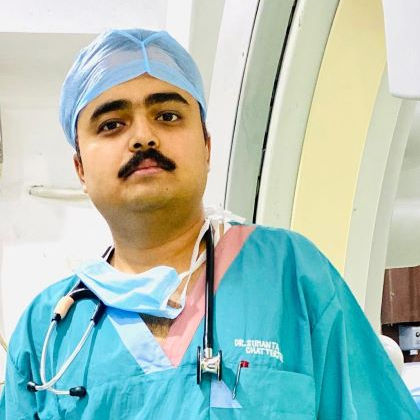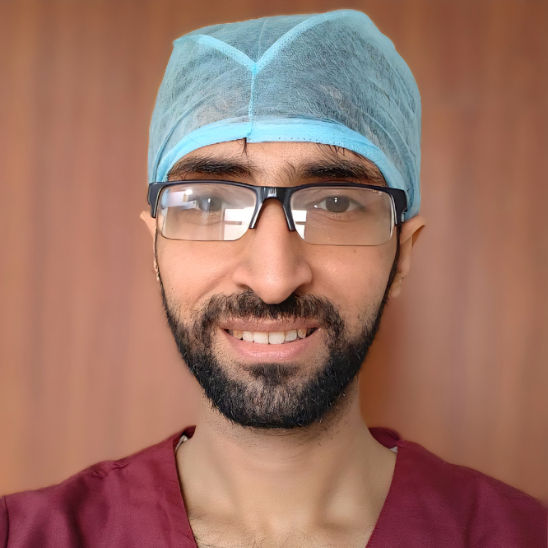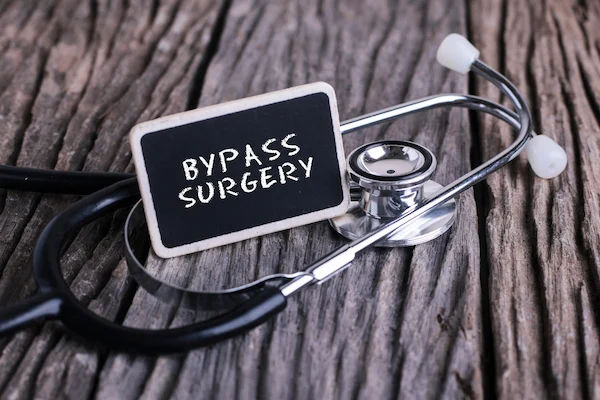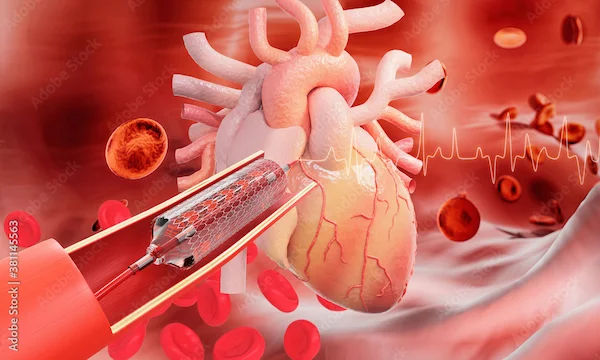Exercise For Bypass Surgery Patients
Discover safe and effective exercises for bypass surgery patients. Learn when to start, the best workout types, and essential tips for heart-friendly recovery and overall well-being.

Written by Dr.Sonia Bhatt
Last updated on 20th Jul, 2025

Introduction
Recovering from bypass surgery is a significant milestone, but the journey to a healthier heart doesn’t end there. Exercise plays a crucial role in strengthening your heart, improving circulation, and boosting overall well-being. However, knowing how and when to start exercising after surgery can be confusing.
This guide will help you understand the importance of exercise, safe ways to get active, and tips to make your recovery smoother.
Why Is Exercise Important After Bypass Surgery?
After bypass surgery, your heart needs time to heal, but staying active (under medical guidance) helps:
Strengthen the heart muscle
Improve blood circulation
Lower blood pressure and cholesterol
Reduce stress and anxiety
Maintain a healthy weight
Boost energy levels
However, it’s essential to start slowly and follow your doctor’s advice to avoid complications.
When Can You Start Exercising After Bypass Surgery?
Knowing when to begin exercising is important to ensure safe recovery after bypass surgery.
Your recovery timeline depends on your overall health and how well your body heals. Generally:
First Few Weeks (Early Recovery)
Focus on gentle movements like short walks at home.
Avoid lifting heavy objects or strenuous activities.
Follow your doctor’s recommendations on when to start cardiac rehabilitation.
1-3 Months (Gradual Increase in Activity)
Begin structured cardiac rehab programs (supervised by professionals).
Walking, light stretching, and breathing exercises are encouraged.
Avoid high-intensity workouts until cleared by your doctor.
3+ Months (Long-Term Recovery)
Gradually increase exercise intensity (e.g., brisk walking, cycling, swimming).
Strength training (with light weights) may be introduced.
Always listen to your body—stop if you feel pain or extreme fatigue.
To know when can you start exercising,
Consult Top Cardiologists
Best Exercises for Bypass Surgery Patients
1. Walking
Start with 5-10 minutes a day, gradually increasing to 30 minutes.
Helps improve circulation and stamina.
2. Stationary Cycling
Low-impact and safe for joints.
Start with 10-15 minutes and increase slowly.
3. Stretching & Yoga
Improves flexibility and reduces stress.
Avoid intense poses; focus on gentle movements.
4. Strength Training (After Doctor’s Approval)
Use light weights or resistance bands.
Strengthens muscles without straining the heart.
5. Swimming (Later Stages of Recovery)
A great full-body workout with minimal joint stress.
Start only after your incision has fully healed.
Exercises to Avoid
Until your doctor gives the green light, avoid:
Heavy weight lifting
High-intensity interval training (HIIT)
Contact sports (football, boxing)
Push-ups, pull-ups, or heavy straining
Safety Tips While Exercising
Warm-up & Cool Down – Prevents sudden strain on your heart.
Monitor Your Heart Rate – Keep it within the safe range advised by your doctor.
Stay Hydrated – Drink water before, during, and after exercise.
Watch for Warning Signs – Stop immediately if you experience:
Chest pain
Severe shortness of breath
Dizziness or nausea
Irregular heartbeat
Follow Cardiac Rehabilitation – A supervised programme ensures safe recovery.
Lifestyle & Dietary Tips for a Stronger Heart
Exercise alone isn’t enough—your diet and daily habits matter too!
Heart-Healthy Diet
Eat more fruits, vegetables, whole grains, and lean proteins.
Reduce salt, sugar, and unhealthy fats.
Choose omega-3-rich foods (fish, flaxseeds, walnuts).
Other Healthy Habits
Quit smoking & limit alcohol.
Manage stress with meditation or deep breathing.
Get enough sleep (7-8 hours).
When to Consult a Doctor?
Rreach out to your cardiologist immediately if you experience:
Chest discomfort during exercise
Unusual fatigue or dizziness
Swelling in legs or sudden weight gain
Conclusion
Exercise after bypass surgery is not just safe—it’s necessary for a strong and healthy heart. Start slow, stay consistent, and always follow medical advice. With the right approach, you can regain strength, energy, and confidence in your daily life.
Consult Top Cardiologists
Consult Top Cardiologists
Dr. Jayarajah Mariappan
Cardiologist
45 Years • MBBS, MD(GEN MEDICINE), DM(CARDIOLOGY)
Chennai
Sooriya Hospital, Chennai

Dr. S B Bhattacharyya
Cardiologist
22 Years • MBBS, MD(General Medicine),DM (Cardiology)
Kolkata
Gariaheart Clinic, Kolkata

Dr. Amit. A. Bharadiya
Cardiologist
12 Years • MBBS, MD General Medicine, DNB Cardiology, FSCAI
Maharashtra
Surabhi Hospital, Maharashtra, Maharashtra

Dr. Sumanta Chatterjee
Cardiologist
12 Years • MBBS,MD General Medicine,DM Cardiology
Kolkata
HealthYou Speciality Clinic & Diagnostics., Kolkata
(25+ Patients)

Dr. Pinaki Nath
Cardiologist
8 Years • MBBS, MD General Medicine, DM Cardiology
Barasat
Diab-Eat-Ease, Barasat
Consult Top Cardiologists
Dr. Jayarajah Mariappan
Cardiologist
45 Years • MBBS, MD(GEN MEDICINE), DM(CARDIOLOGY)
Chennai
Sooriya Hospital, Chennai

Dr. S B Bhattacharyya
Cardiologist
22 Years • MBBS, MD(General Medicine),DM (Cardiology)
Kolkata
Gariaheart Clinic, Kolkata

Dr. Amit. A. Bharadiya
Cardiologist
12 Years • MBBS, MD General Medicine, DNB Cardiology, FSCAI
Maharashtra
Surabhi Hospital, Maharashtra, Maharashtra

Dr. Sumanta Chatterjee
Cardiologist
12 Years • MBBS,MD General Medicine,DM Cardiology
Kolkata
HealthYou Speciality Clinic & Diagnostics., Kolkata
(25+ Patients)

Dr. Pinaki Nath
Cardiologist
8 Years • MBBS, MD General Medicine, DM Cardiology
Barasat
Diab-Eat-Ease, Barasat



.webp)